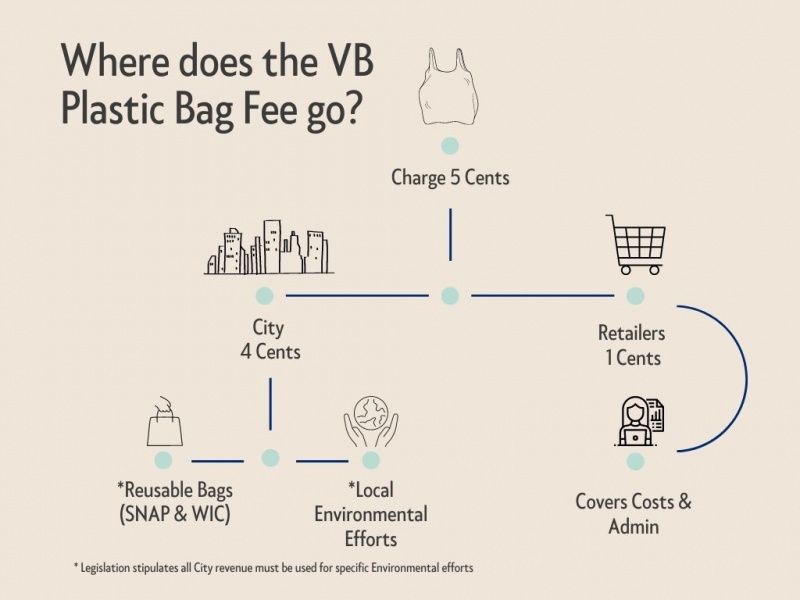
Fees on plastics bags work to reduce their use, reduce litter, and encourage reusable bags. So we are thrilled that the City of Virginia Beach is having a hearing to put a 5 cent fee on single-use plastic checkout bags on June 21, a 6PM at their regular Council meeting. Please come out and show your support for a bag fee. Lots of your fellow environmentalists and water lovers will be there. Here's how it would work -

But first we need to get it passed. Your support is critical. If you can attend and speak please do. If you can just attend and show support that matters too. If you can't attend at all, you can let your elected leaders know how you feel by emailing them here
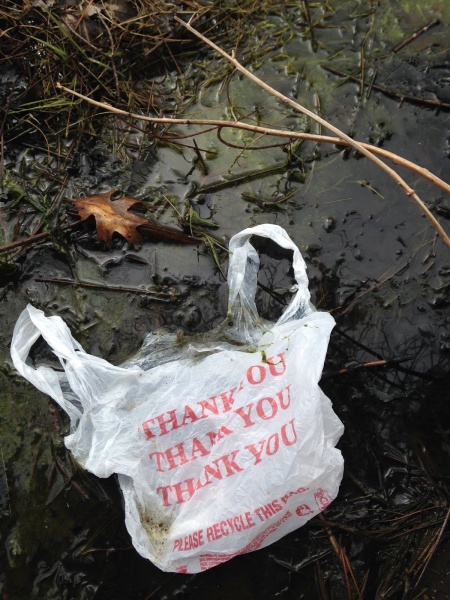
Here is a deep dive on this, the background, and the coalition behind it -
Disposable Plastic Bag Fee
Why a Plastic Bag Fee makes good sense for Virginia Beach
Background: The plastic bag bill was passed by the Virginia General Assembly and signed by the Governor in 2020. The legislation authorizes Virginia localities to impose a tax of five cents per disposable plastic bag provided to retail customers by grocery stores, drug stores and convenience stores. The state Department of Taxation collects the tax along with sales tax and has published final guidelines providing information about how to implement the legislation. The guidelines provide sufficient guidance for City Council regarding how to implement a local ordinance. For details, see: https://www.tax.virginia.gov/disposable-plastic-bag-tax. Thus far, Roanoke, Fairfax County, Alexandria, Arlington, Loudoun County, Fredericksburg, Falls Church and Albemarle County have passed local ordinances.
Economy: Bag fees are just that – a user fee (not a tax) – and encourage economic growth.
- While the legislation is framed as a tax, the ordinance would be a user fee, because people can opt out by bringing their own bags and the money is partially retained by the store. Taxes are mandatory, so calling it a “bag tax” is misleading.
- Plastic bags are not free and taxpayer dollars are spent cleaning up these and other nuisance plastics. The majority of the funds collected from bag fees will be returned to Virginia Beach to fund litter prevention and clean-up activities.
- Stores include the cost of bags in the items they sell – like other operating costs – thus we already pay for them. By eliminating this operating cost, businesses can save money.
- Recycling is not a viable solution to this problem and the down-cycling processes utilized are energy consumers and generate greenhouse gases.
Environment: Bag user fees reduce the plastic waste stream and protect the environment.
- Reusable bags are better for the environment; many are not made from fossil fuels, but rather natural fibers, like cotton, and contrary to some misinformation, are NOT less “clean” compared to plastic bags.
- Energy and carbon footprints of reusable products diminish over time as you use them, while single-use products never recuperate their environmental “costs”. This makes single-use plastic bags the worst possible option for the environment.
- Single-use bags are among the most commonly littered items in Virginia Beach and across the state (Virginians use nearly 3 billion annually!). They end up on our roadways, waterways, and coastlines, threatening ecosystem health and creating eyesores.
- Reuse is also not usually an option as these bags have become thinner and tear-prone, causing grocery store baggers to double and triple bag items.
Equity: Bag user fees are equitable and can protect communities from plastic pollution.
- Part of the user fee is returned to stores to assist in covering costs of alternative bags or to provide free reusable bags to low-income communities.
- Many stores have eliminated single-use plastic bags (e.g., Costco, Aldi, Trader Joe’s).
- Plastic bag user fees are equitable because municipalities can reinvest their portion to provide free reusable bags for citizens with need (e.g., WIC, SNAP recipients).
- The yearly cost of a bag fee for a single household is estimated to be about $5.
Exposure: Bag user fees help keep humans, as well as animals, safe.
- Plastic pollution is all around (and in!) us. Plastic bags take decades to break up into smaller pieces, but they never go away. Tiny plastic particles, called microplastics, are in the air we breathe and food we eat, and endanger many species of animals.
- Billions of plastic bags become litter and according to the Environmental Protection Agency, only 2% percent of plastic bags are recycled.
- Billions of plastic bags are thrown out and end up in landfills or in farm fields and waterways – plastic bags make up more than 10% of washed-up debris on the U.S. coastline and endanger fish, wildlife, and humans.
Conclusion: Plastic bag user fees provide a proven way of reducing pollution.
- Plastic bag fees provide a proactive and proven way of keeping pollution out of our communities and our waterways, as opposed to relying solely on reactive programs (e.g. litter clean-ups).
- Relying on recycling technologies and clean-ups, according to leading scientists, cannot alone solve the plastic pollution problem we are facing today.
- Plastic bag user fees are an equitable, economically viable, and environmentally friendly solution to fight one front of the plastic pollution crisis.
- Check out Litter Free Virginia for more talking points about the benefits of single-use plastic bag fees.
Recommendations:
- The Virginia Beach City Council should follow the lead of other Virginia municipalities and enact a Plastic Bag Fee Ordinance.
- Additionally, the revenue generated should go to the Departments of Parks & Recreation and Public Works/Waste Management, which are best suited to apply the funds to litter prevention cleanups, community education, and outreach.
Supporting Groups:
- Virginia Beach Green Ribbon Committee
- Virginia Beach Clean Community Commission
- Virginia Beach Parks and Recreation Foundation
- Virginia Aquarium Foundation
 |
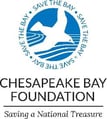 |
 |
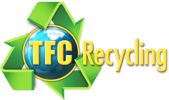 |
 |
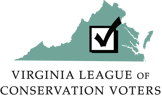 |
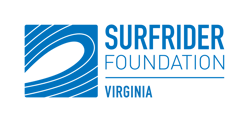 |
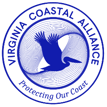 |
Call To Action:
Prior to June 21, 2022 (Public Hearing) and Not Later Than July 5, 2022 (Scheduled Vote)
- Please plan to attend the June 21st Council meeting at 6 PM to show your support.
- Send an e-mail to all Virginia Beach City Council members voicing your support at CityCouncil@vbgov.com, or
- E-mail the Mayor, your district’s city Council Member, and At-Large Members. Find their addresses here: https://www.vbgov.com/government/departments/city-clerk/city-council/Pages/city-council-members.aspx
- Ask your friends, neighbors and organizations to support this important initiative!
